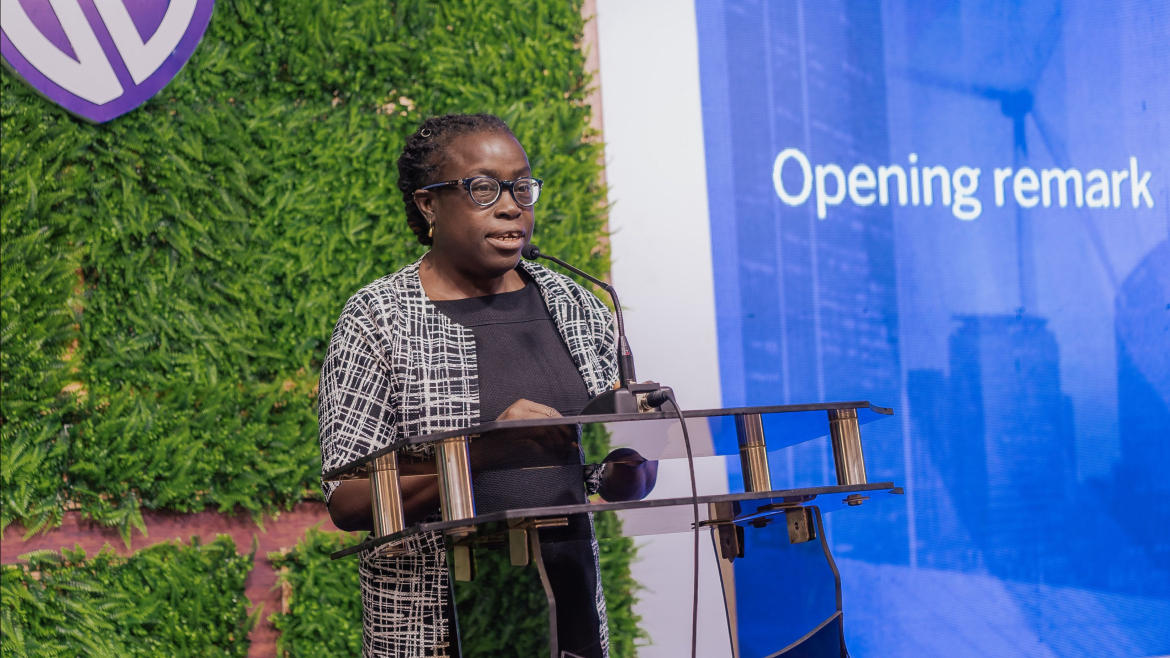Africa is at a critical juncture, facing a climate change bill of up to $50 billion annually by 2040 and a colossal $1.3 trillion sustainable finance gap by 2030. It’s a challenge that demands innovation, collaboration, and decisive action.
To address this, Stanbic IBTC Holdings Plc partnered with the Lagos Business School Sustainability Centre (LBSSC) to host the Sustainable Finance Summit 2.0. Under the theme “Financing Resilience: Digital Innovation and AI for Climate-Smart Communities,” the September 23, 2025, event convened over 500 leaders from finance, technology, policy, and academia to forge a path toward climate-resilient growth.
Speakers emphatically positioned the fusion of Artificial Intelligence (AI) and sustainable finance as Africa’s golden opportunity—a chance to lead the Fourth Industrial Revolution rather than stand on the sidelines. Prof. Kemi Ogunyemi of LBS stressed the need for leaders to be bold, ethical, and forward-looking. This sentiment was echoed by Oracle Nigeria’s Country Director, Segun Ajayi, who argued that intelligent use of AI in areas like predictive climate modelling and carbon markets can transform Africa’s image from a “high-risk” to a “high-potential” market.
The central discussions revolved around how digitisation and blended finance can unlock capital for vulnerable communities. Bunmi Dayo-Olagunju, Deputy Chief Executive of Stanbic IBTC Bank, highlighted that resilience financing is now as vital as growth financing, calling for banks to align portfolios with long-term community needs.
Yet, the urgency was tempered by a focus on governance. KPMG Nigeria’s Lawrence Amadi cautioned that AI is only as unbiased as the data that trains it. Without robust frameworks for ethics and accountability, technology could worsen exclusion. The consensus, however, was clear: responsible deployment of AI can redefine trust, improve transparency in ESG reporting, and create new pathways for climate funding.
The Summit’s call to action underscored five key priorities: investing in homegrown AI innovations, strengthening regulatory frameworks, mobilising blended finance, fostering cross-sector collaboration, and embedding climate resilience into all financial decision-making.
Concluding the summit, Kunle Adedeji, Acting Chief Executive, Stanbic IBTC Holdings Plc, issued a powerful challenge: “We cannot afford to wait for others to lead Africa’s future. The time to act is now.” The message was unanimous—the financial sector must become the driver of climate-smart transformation, leveraging technology and collaboration to bridge the finance gap and secure a resilient future for the continent.
Click here to watch the replay of the summit.



